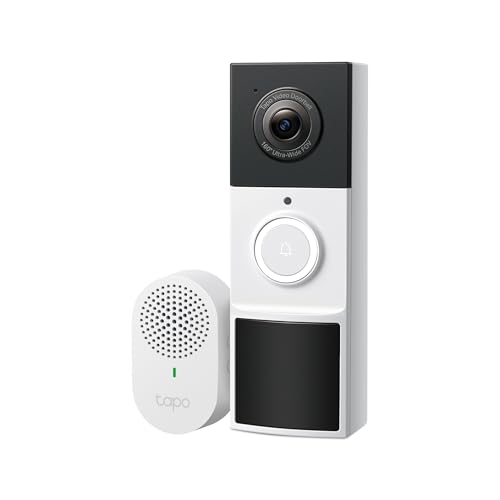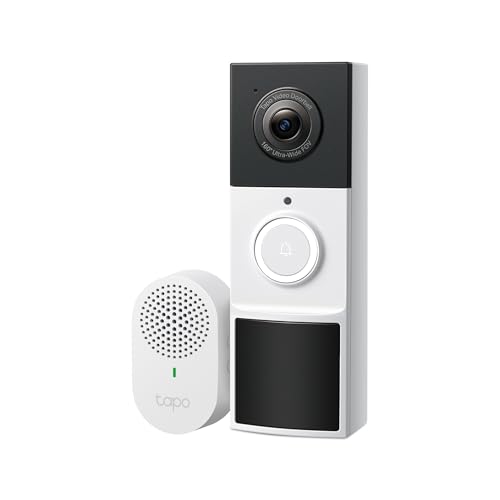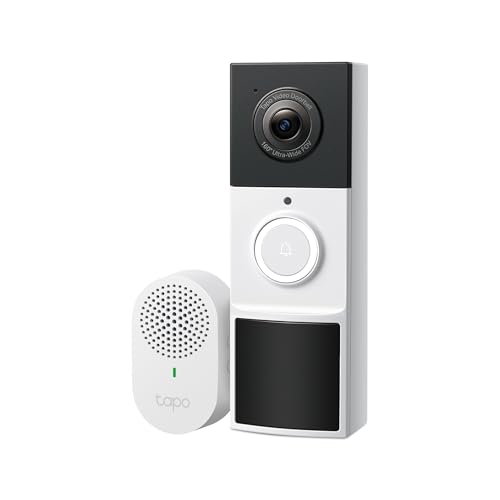Have you ever wondered how your home stays cool in the summer and warm in the winter? The answer lies in a device you might hear about but not fully understand—an HVAC unit.
If you want to feel comfortable year-round without wasting energy or money, knowing what an HVAC unit is and how it works is key. You’ll discover exactly what an HVAC unit does, why it matters for your comfort, and how it can save you from high utility bills.
Keep reading to unlock the secrets behind the system that controls your indoor climate.
Hvac Unit Basics
Understanding the basics of an HVAC unit can help you make better decisions about your home’s comfort and energy use. Whether you’re fixing a broken system or choosing a new one, knowing what makes an HVAC tick is key. Let’s break down the essentials so you can feel confident about what’s happening behind your walls and vents.
Components Of An Hvac System
An HVAC system has several main parts that work together to heat, cool, and circulate air in your home. These include:
- Thermostat:The control center that lets you set your desired temperature.
- Furnace:Heats the air during cold weather, usually by burning fuel or using electricity.
- Air Conditioner:Removes heat from inside your home to cool the air down.
- Ductwork:Channels that carry air throughout your house.
- Ventilation:Ensures fresh air circulates and stale air exits your home.
Each of these parts must work well to keep your home comfortable. Have you ever noticed how a clogged duct can make your heating or cooling uneven? That’s a simple example of how each component matters.
How Hvac Units Work
At its core, an HVAC unit moves air and controls its temperature. The process starts when you set the thermostat. This tells the system whether to heat or cool the air.
In heating mode, the furnace generates warmth, which then travels through the ducts. When cooling, the air conditioner extracts heat from inside air and sends cool air back through the vents.
Ventilation also plays a vital role by bringing in fresh air and removing pollutants. Do you ever think about how important clean air is to your health at home? Proper ventilation can make a big difference.
Types Of Hvac Systems
Not all HVAC systems are the same. Different homes need different setups depending on size, location, and budget. Here are the common types you might encounter:
- Split Systems:Separate units for heating and cooling, connected by ducts. These are common in many homes.
- Packaged Systems:All-in-one units usually placed outside, ideal for homes without much indoor space.
- Ductless Mini-Splits:Perfect for rooms without ducts; they provide heating and cooling with small indoor units.
- Hybrid Systems:Combine a furnace with an electric heat pump to save energy.
Knowing which type fits your home can save money and boost comfort. Have you checked if your system type matches your lifestyle needs?
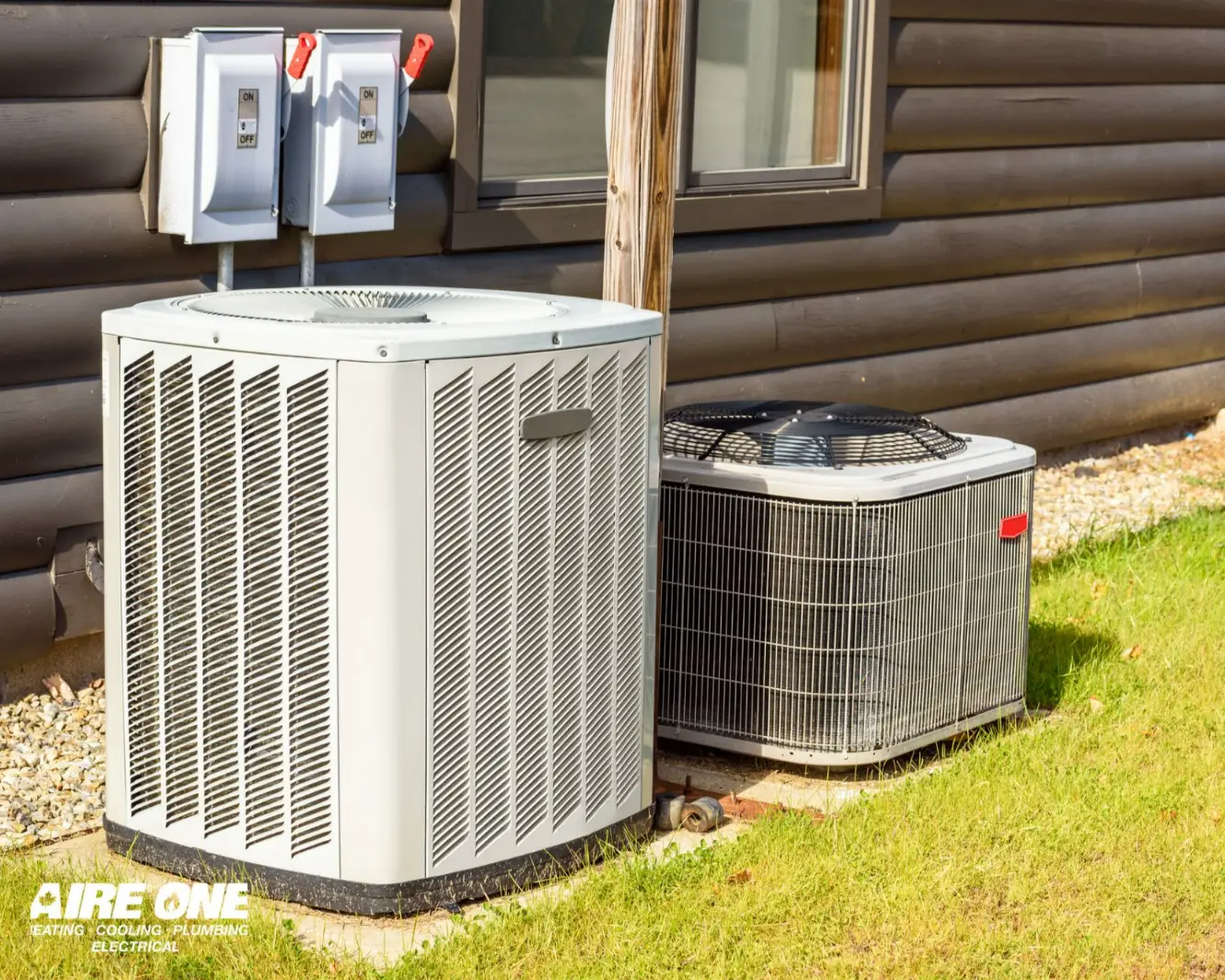
Credit: aireonekw.ca
Heating Functions
The heating function is a vital part of an HVAC unit. It keeps indoor spaces warm and comfortable during cold weather. This function uses different technologies and energy sources to generate heat efficiently. Understanding the heating options helps you choose the right system for your needs and climate.
Furnace And Heat Pump Options
Furnaces burn fuel to create heat. They use gas, oil, or electricity as fuel. A blower moves warm air through the vents to heat rooms. Heat pumps work differently. They transfer heat from outside air to inside your home. Heat pumps can also cool your home in summer. They are energy-efficient and work best in mild climates.
Energy Sources For Heating
Heating systems use various energy sources. Natural gas is common and affordable in many areas. Electricity powers electric furnaces and heat pumps. Oil heating is popular in places without gas lines. Some systems use propane or renewable energy like solar power. Each energy source has pros and cons related to cost and availability.
Common Heating Issues
Heating systems may face problems over time. Poor airflow can cause uneven heating. Dirty filters reduce system efficiency and air quality. Thermostat issues can prevent the system from turning on. Pilot light or ignition failures affect furnaces. Regular maintenance helps avoid these problems and keeps heating reliable.
Cooling Functions
Cooling functions are a key part of an HVAC unit. They help keep indoor spaces comfortable during hot days. The system lowers the temperature by removing heat and humidity from the air. This makes the air inside cooler and fresher. Understanding how cooling works helps in choosing the right HVAC unit for your needs.
Air Conditioning Types
There are several types of air conditioning systems. Each type suits different spaces and budgets.
- Window units:Compact and easy to install in a window opening.
- Split systems:Have indoor and outdoor parts connected by pipes.
- Central air conditioning:Cools the whole building using ducts.
- Portable units:Moveable and useful for small rooms.
Choosing the right type depends on room size and cooling needs.
Refrigeration Cycle Explained
The refrigeration cycle is the heart of cooling. It moves heat from inside to outside.
This cycle has four main steps:
- Evaporation:Refrigerant absorbs heat from indoor air.
- Compression:Refrigerant gas is compressed, raising its temperature.
- Condensation:Heat is released outside as refrigerant cools down.
- Expansion:Refrigerant pressure drops, cooling it before next cycle.
This continuous process keeps indoor air cool and comfortable.
Maintenance Tips For Cooling
Regular maintenance keeps cooling systems efficient and long-lasting.
- Clean or replace air filters monthly to improve airflow.
- Check refrigerant levels and refill if needed.
- Clear debris around outdoor units for better air circulation.
- Inspect ducts for leaks and seal them properly.
- Schedule professional tune-ups yearly for deep cleaning and checks.
Proper care reduces energy bills and prevents breakdowns.
Ventilation And Air Quality
Ventilation and air quality are key parts of any HVAC unit’s job. They ensure the air inside your home or office stays fresh, healthy, and comfortable. Without good ventilation, pollutants and stale air can build up, affecting your well-being and even your productivity.
Importance Of Proper Ventilation
Proper ventilation helps remove indoor air pollutants such as dust, smoke, and allergens. It also controls odors and reduces moisture levels, which can prevent mold growth. You might not notice stale air right away, but over time, it can cause headaches, fatigue, or respiratory issues.
Think about the last time you entered a room that felt stuffy or musty. How did it affect your mood or focus? Improving ventilation can make your space feel more inviting and energizing.
Air Filtration Methods
Air filters trap particles like pollen, pet dander, and dust before they circulate in your home. Different filters target different pollutants; for example, HEPA filters catch very tiny particles that others miss.
Regularly changing or cleaning your filters is crucial. A clogged filter reduces airflow and forces your HVAC unit to work harder, increasing energy costs and wearing out the system faster.
- Basic fiberglass filters: affordable but less effective
- Pleated filters: better at trapping small particles
- HEPA filters: top choice for allergy sufferers
Humidity Control
Maintaining the right humidity level improves comfort and protects your home from damage. Low humidity can dry out your skin and throat, while high humidity encourages mold and dust mites.
Your HVAC unit can include humidifiers or dehumidifiers to balance moisture levels. Aim for indoor humidity between 30% and 50% to keep the air comfortable and healthy.
Have you ever noticed your glasses fogging up or condensation on windows? These signs indicate humidity problems that your HVAC system can help manage.
Energy Efficiency
Energy efficiency is vital for HVAC units. It reduces energy bills and helps the environment. Choosing the right HVAC system can save money and reduce carbon footprint. Understanding energy efficiency ratings and smart technology is essential.
Seer And Afue Ratings
SEER stands for Seasonal Energy Efficiency Ratio. It measures cooling efficiency. A higher SEER rating means better efficiency. AFUE, or Annual Fuel Utilization Efficiency, measures heating efficiency. High AFUE ratings indicate more efficient fuel use. Both ratings guide you in choosing an efficient system.
Smart Thermostats And Controls
Smart thermostats optimize energy use. They learn your schedule. They adjust temperatures automatically. Remote controls allow you to manage settings from anywhere. This technology enhances comfort while reducing energy waste.
Tips To Lower Energy Bills
- Regularly maintain your HVAC system.
- Replace filters every 1-3 months.
- Seal windows and doors to prevent leaks.
- Install energy-efficient windows.
- Use ceiling fans to circulate air.
- Set the thermostat to 78°F in summer.
- Lower it to 68°F in winter.
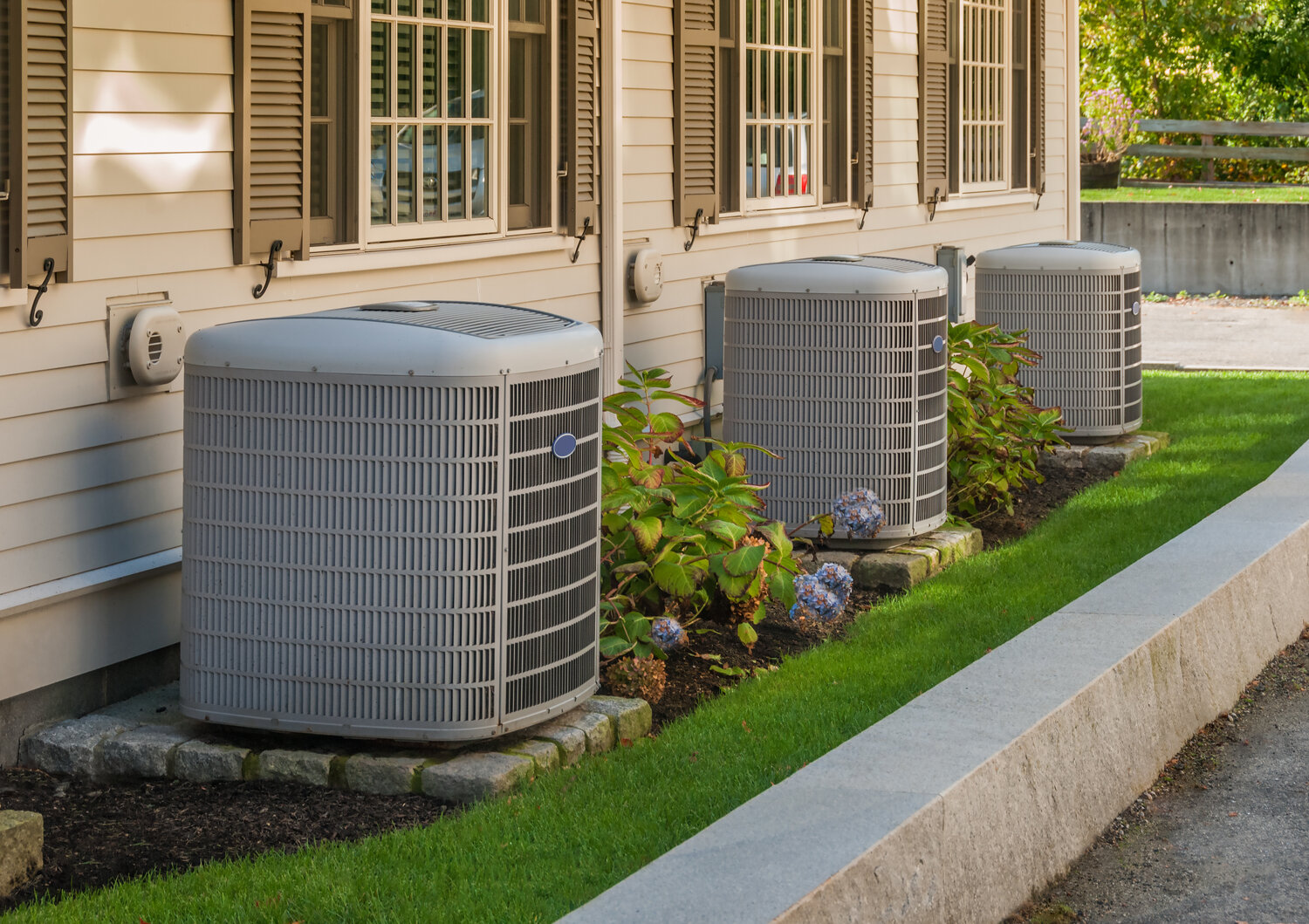
Credit: www.fagoneplumbing.com
Installation And Maintenance
Installing and maintaining an HVAC unit ensures comfort and efficiency in your home. Proper setup helps the system work well. Regular care keeps it running longer and saves money on repairs. Understanding these steps helps protect your investment.
Choosing The Right Hvac Unit
Select a unit that fits your home size and climate. Check energy ratings for cost savings. Consider features like air filters and noise levels. Match the system to your household needs for best performance.
Professional Installation Process
Hire licensed technicians for installation. They assess your home and choose proper placement. The process includes connecting ducts, wiring, and testing the system. Proper installation prevents future issues and improves efficiency.
Routine Maintenance Checklist
- Replace or clean air filters every 1-3 months
- Inspect and clean coils and fins annually
- Check refrigerant levels and refill if needed
- Clear debris around outdoor units
- Test thermostat and controls regularly
- Schedule professional tune-ups yearly
Following this checklist keeps your HVAC unit working well. It lowers energy use and avoids costly breakdowns.
Troubleshooting Common Problems
Troubleshooting your HVAC unit can feel overwhelming, especially when unexpected issues pop up. Yet, understanding common problems and their causes can save you time and money. Let’s look closely at some typical signs your system might be sending and what you can do about them.
Unusual Noises And Causes
Is your HVAC unit making strange noises? Sounds like banging, squealing, or rattling often point to specific issues.
- Banging:This could mean a loose part or debris inside the unit. It’s a red flag that something needs immediate attention.
- Squealing:Often caused by a worn-out belt or motor bearing. Ignoring it might lead to a complete breakdown.
- Rattling:Usually indicates loose screws or panels. Tightening them might fix the problem quickly.
Have you noticed any odd sounds from your HVAC lately? Don’t wait for the noise to get worse; early checks can prevent bigger repairs.
Temperature Inconsistencies
When parts of your home feel too hot or too cold, your HVAC unit might be struggling to maintain balance. Uneven temperatures can stem from various causes.
- Dirty Filters:Clogged filters reduce airflow, making some rooms warmer or cooler than others.
- Blocked Vents:Furniture or curtains blocking vents can disrupt air distribution.
- Thermostat Issues:Incorrect thermostat placement or settings can cause temperature swings.
Check your filters and vents regularly. Have you ever adjusted your thermostat location to improve comfort? Small changes can make a big difference.
When To Call A Technician
Some HVAC problems are easy to fix yourself, but others need professional help. Knowing when to call a technician can save you stress and costly damage.
- Persistent Strange Noises:If noises continue after your basic checks, it’s time for a pro.
- No Cooling or Heating:When your unit stops working despite setting adjustments, expert diagnosis is necessary.
- Frequent Cycling:If your system turns on and off repeatedly, it could indicate electrical or mechanical faults.
Have you ever delayed calling a technician and regretted it later? Trust your instincts and don’t hesitate to reach out for help when your HVAC acts up.
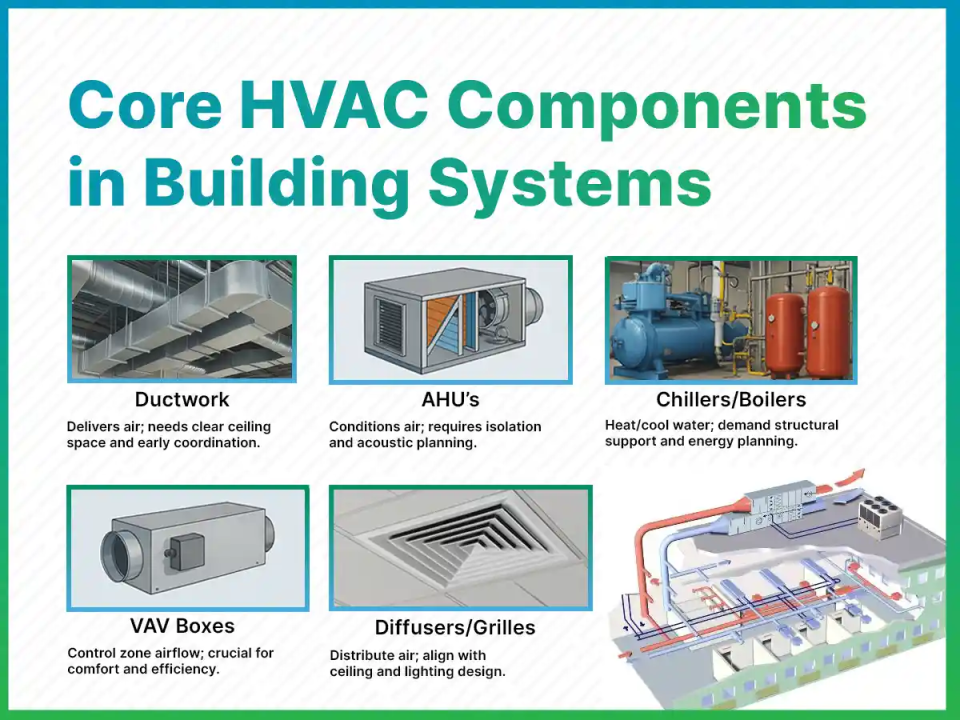
Credit: www.tejjy.com
Frequently Asked Questions
What Does An Hvac Unit Do In A Home?
An HVAC unit regulates indoor temperature and air quality. It heats, cools, and ventilates your home efficiently. This ensures comfort throughout the year by maintaining ideal conditions.
How Does An Hvac Unit Improve Air Quality?
HVAC units filter dust, allergens, and pollutants from the air. They circulate clean, fresh air inside your home. This helps reduce respiratory issues and creates a healthier living environment.
What Are The Main Components Of An Hvac Unit?
An HVAC unit includes a furnace, air conditioner, and ventilation system. These parts work together to heat, cool, and circulate air. Proper maintenance ensures each component functions effectively.
How Often Should Hvac Units Be Serviced?
HVAC units should be serviced at least once a year. Regular maintenance improves efficiency, extends lifespan, and prevents costly repairs. Spring or fall is the best time for servicing.
Conclusion
An HVAC unit keeps your home cool or warm all year. It controls air temperature and quality inside buildings. Understanding its parts helps you use it better. Regular care makes the unit last longer and work well. This simple system plays a big role in comfort.
Knowing what an HVAC unit does helps you stay comfortable every day.


